New US rule to extend stay for some foreign graduates
Updated: 2016-03-10 15:51
By HEZI JIANG(chinadaily.com.cn)
|
||||||||
Allan Zhang, CEO of a Silicon Valley-based startup, had to open a branch in Hangzhou in Southeast China's Zhejiang province, to keep several of his best team members who worked for his company in California.
Those Chinese workers were not lucky enough to win a work visa lottery in the US during their Optional Practical Training (OPT) program, which allowed them to work in the US under their student status until it ended.
Only 85,000 work visas, known as H-1B, are available in the annual lottery for international workers. In 2015, the United States Citizenship and Immigration Services (USCIS) received nearly 233,000 applications for the visa.d
Though the number of H-1B visas has not been increased, a new rule to the OPT program to be published on Friday will give some international students in the US a better chance of obtaining a work visa.
Beginning on May 10, international students with degrees earned in science, technology, engineering and mathematics (STEM) will be eligible to work in the country for 36 months without a work visa instead of the current 29 months upon graduation. The additional seven months will give many a chance to participate in another lottery.
"If you get three chances in the lottery, it's almost certain you will be picked," said Zhang, who founded Trustlook Mobile Security in January 2013. Its Mobile security app is now used by 16 million people.
"This is great news for startups. The first several years for a startup is so important that nobody could afford losing a core engineer," he said in an interview. "We had some of them work in China because there is no other choice. It's very inefficient."
"It's also good news for large tech companies, because they are always looking for talent that fits their needs. Many of them would be international students," Zhang said.
John Miano, a lawyer for the Washington Alliance of Technology Workers union in Washington State, said in a New York Times story on Wednesday that the new rule is "an ongoing assault on American workers". "They are just trying to double down on what they're doing before," he said of the government. "OK, you didn't like 29 months? We'll make it 36 months."
Miano's lawsuit last summer forced the government to vacate the previous rule and create a new one, this time for public comment. He said his group is still arguing the legality of the program in an appeal. The next hearing will be in May at the United States Court of Appeals for the District of Columbia.
According to the Times, the new rule states that "a STEM OPT student would not replace a full- or part-time, temporary or permanent US worker," and that the salary offered would "be commensurate" to American workers.
"In our mind, it enhances training and puts safeguards in to make sure that if you are an employer that you are not unfairly disadvantaging US workers," Rachel Canty, deputy director for the Immigration and Customs Enforcement agency's Student and Exchange Visitor Program, told the newspaper.
Gan Quan, who is from China and recently graduated from Columbia University with a master's degree in statistics, said the extension gives her more time to build a stronger resume and find a sponsor.
"I'm doing an internship right now that won't sponsor me for a H1B this year. The good thing is that with the extension, I still get two chances," she said. "There have been so many changes and rumors of the new rule. It feels like our fate is the hands of others."
Zhang said he hopes this is the beginning of an immigration reform that will further open up US visas.
"These young people spend their youth to help build this country, they at the very least deserve a work visa," he said. "If they have to constantly worry about their visa status, how can they focus on the important things?"
hezijiang@chinadailyusa.com

 Top 10 economies where women hold senior roles
Top 10 economies where women hold senior roles
 Cavers make rare finds in Guangxi expedition
Cavers make rare finds in Guangxi expedition
 'Design Shanghai 2016' features world's top designs
'Design Shanghai 2016' features world's top designs
 Cutting hair for Longtaitou Festival
Cutting hair for Longtaitou Festival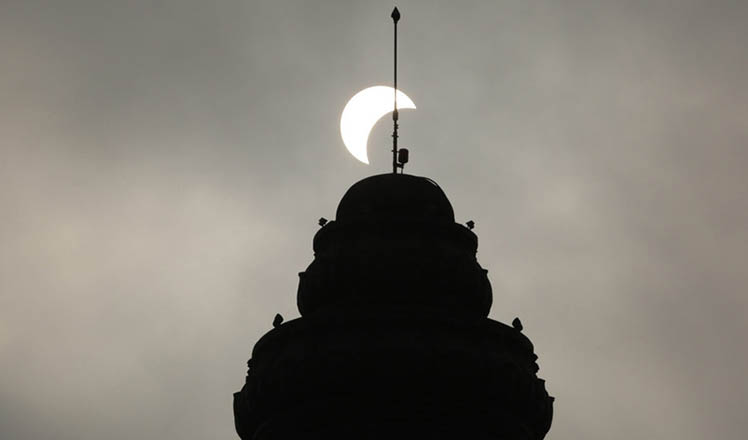
 Southeast Asia experiences rare total solar eclipse
Southeast Asia experiences rare total solar eclipse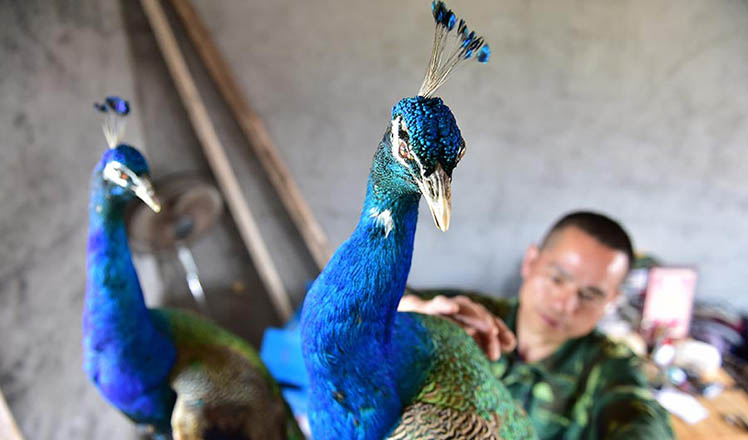
 Farmer couple finds wealth in raising peacocks
Farmer couple finds wealth in raising peacocks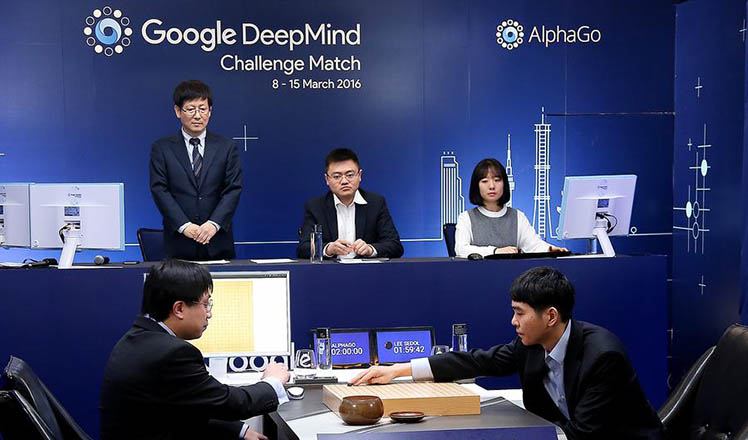
 Google's AI takes on Go champion Lee Sedol in Seoul
Google's AI takes on Go champion Lee Sedol in Seoul
 New Year paintings decorate cottage walls in spring
New Year paintings decorate cottage walls in spring
Most Viewed
Editor's Picks

|

|

|
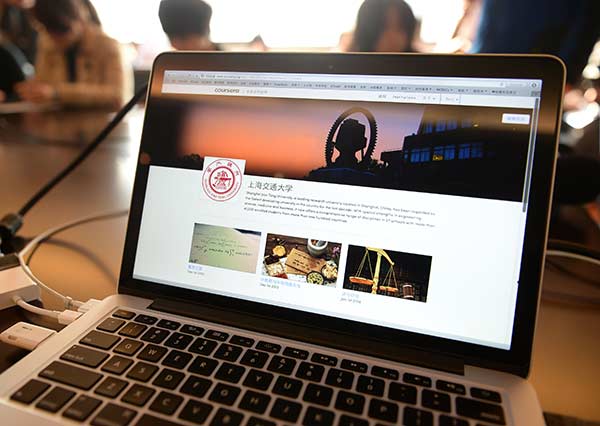
|
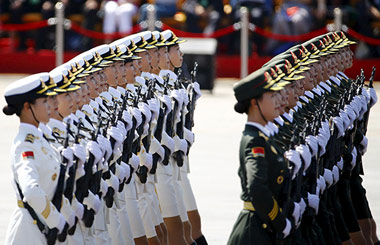
|

|
Today's Top News
What ends Jeb Bush's White House hopes
Investigation for Nicolas's campaign
Will US-ASEAN meeting be good for region?
Accentuate the positive in Sino-US relations
Dangerous games on peninsula will have no winner
National Art Museum showing 400 puppets in new exhibition
Finest Chinese porcelains expected to fetch over $28 million
Monkey portraits by Chinese ink painting masters
US Weekly

|

|







